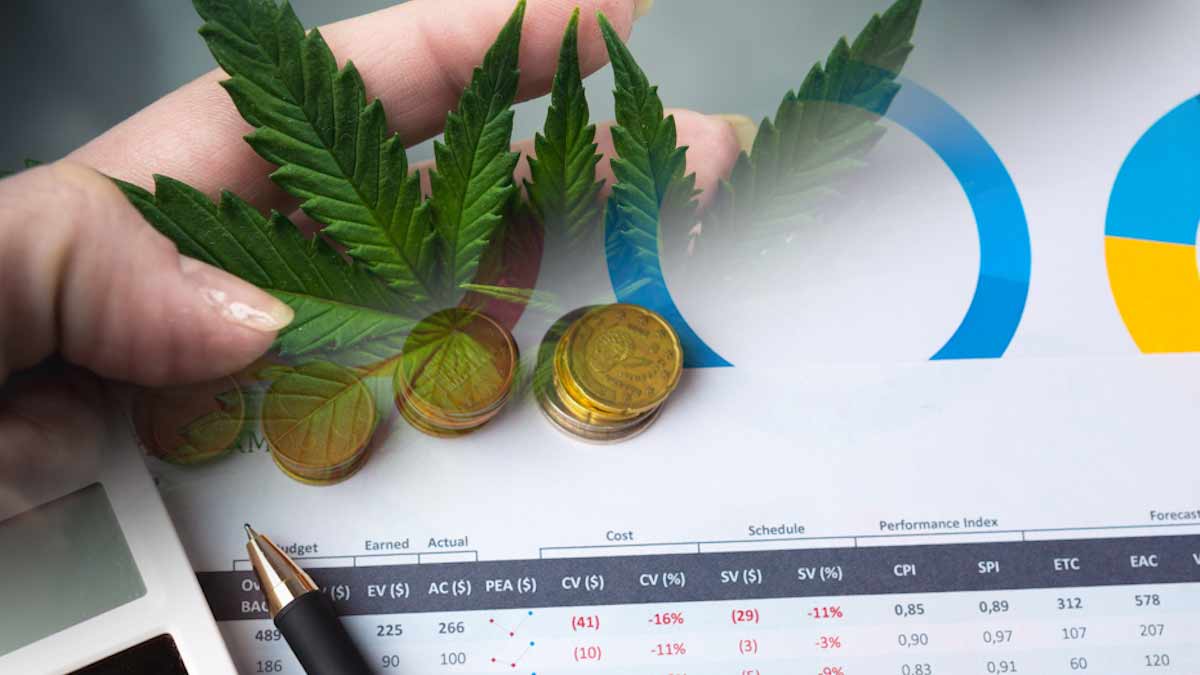A scathing Senate report to be released Tuesday says that if residents legalize recreational marijuana in Massachusetts this fall, the state should promptly temper their vote by outlawing home cultivation, imposing a significant tax on the drug, and prohibiting some marijuana-infused edible products. Senator Jason M. Lewis, a Winchester Democrat and chairman of the Special Senate Committee on Marijuana, said the nine-member committee’s conclusions include “Serious concerns about the prospect of legalizing marijuana for recreational use and sale in Massachusetts.”
The bipartisan analysis says if Mass. residents legalize recreational marijuana, the state should promptly temper their vote. The proposed law from the Campaign to Regulate Marijuana Like Alcohol in Massachusetts would legalize recreational marijuana use for those 21 and older. The proposal, backed by the national Marijuana Policy Project, would impose a 3.75 percent excise tax on retail marijuana sales, in addition to the state’s 6.25 percent sales tax – and it would also allow cities and towns to levy an additional 2 percent tax that the municipalities could keep. Legislative leaders have repeatedly said lawmakers don’t have the wherewithal to approve a bill legalizing marijuana themselves.
Lewis said the intent of the committee – which interviewed about 75 experts and visited Colorado, which allows recreational sales, for almost a week – was to anticipate the issues the state would face and create a comprehensive set of recommendations to implement should voters legalize marijuana on their own. He said the big-picture goals are common sense: preventing marijuana use by people under 21, minimizing adult addiction and black-market sales, ensuring a well-regulated marketplace, and making sure the marijuana revenue covers the costs of regulating the new industry and public education measures.
Among others: setting a legal driving limit for blood levels of THC, the primary psychoactive substance in marijuana; mandating that marijuana advertising and product labels warn of health risks; gathering data on marijuana issues to measure trends; determining how to operate a legal market when marijuana remains illegal on the federal level; and raising the legal sales age for tobacco from 18 to 21 “So there is a consistent legal age for alcohol, tobacco, and marijuana.”
While the ballot measure calls for people to be able to legally grow up to 12 marijuana plants per household, the committee suggests Massachusetts prohibit all home growing or, at least, impose a temporary moratorium. The senators noted that home-grown marijuana would not be tested for safety or potency and would not be subject to the tracking requirements of commercially grown plants.
“Now you’ve got other people living there that may have to deal with the odor. You have issues with children in the household if you’re growing marijuana.”
While the ballot would set the recreational marijuana tax rate, including the state sales tax, at no more than 12 percent, the report says the total tax should be set much higher, perhaps three times as high. If marijuana were legalized, the report recommends that Massachusetts prohibit the manufacture and sale of marijuana products that are “Particularly appealing to youth and may be mistakenly consumed by children.”
Although the report was not yet public Monday, the group pressing legalization in Massachusetts, the Campaign to Regulate Marijuana Like Alcohol, offered something of a pre-buttal.
MAPH Enterprises, LLC | (305) 414-0128 | 1501 Venera Ave, Coral Gables, FL 33146 | new@marijuanastocks.com










